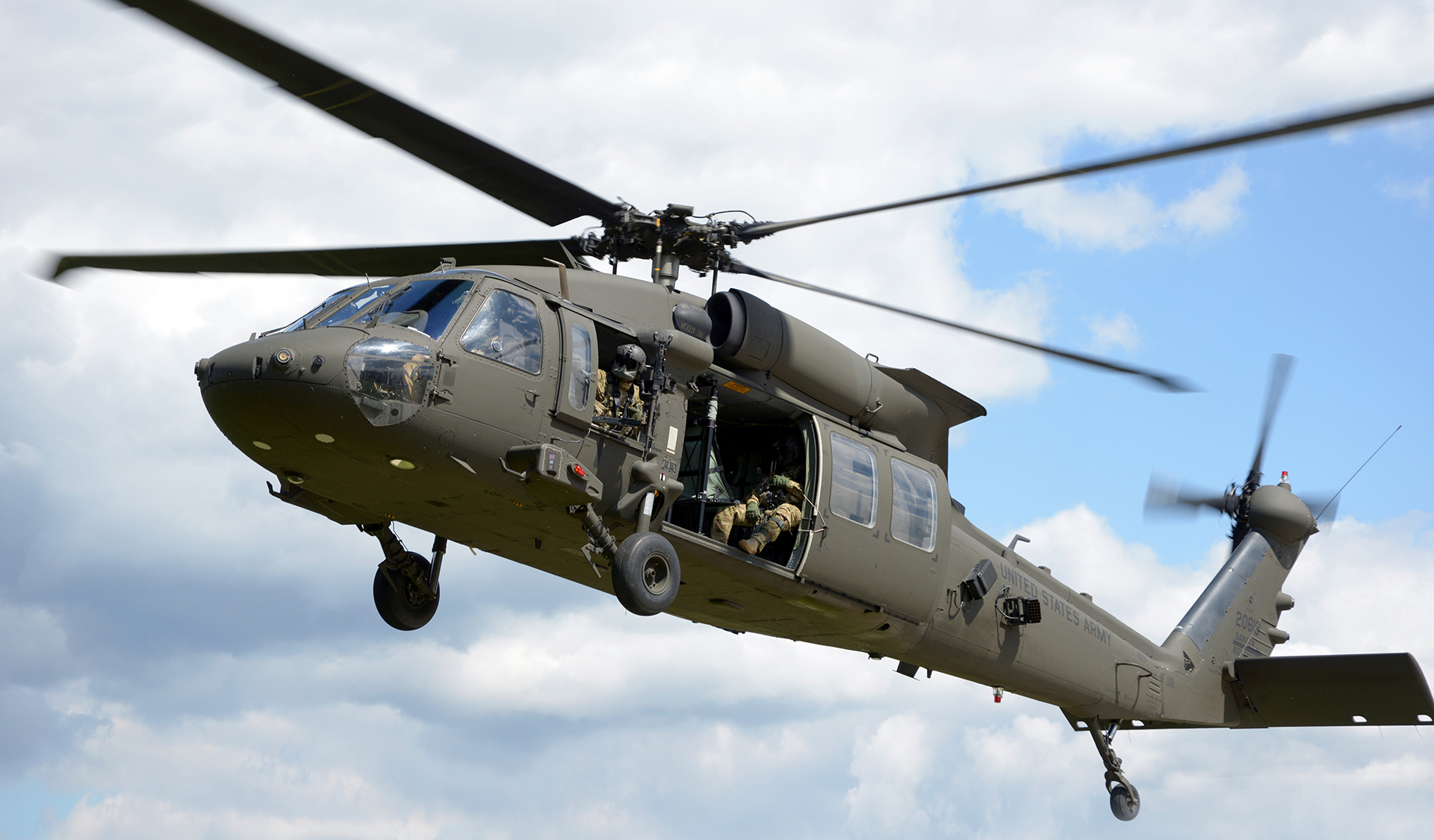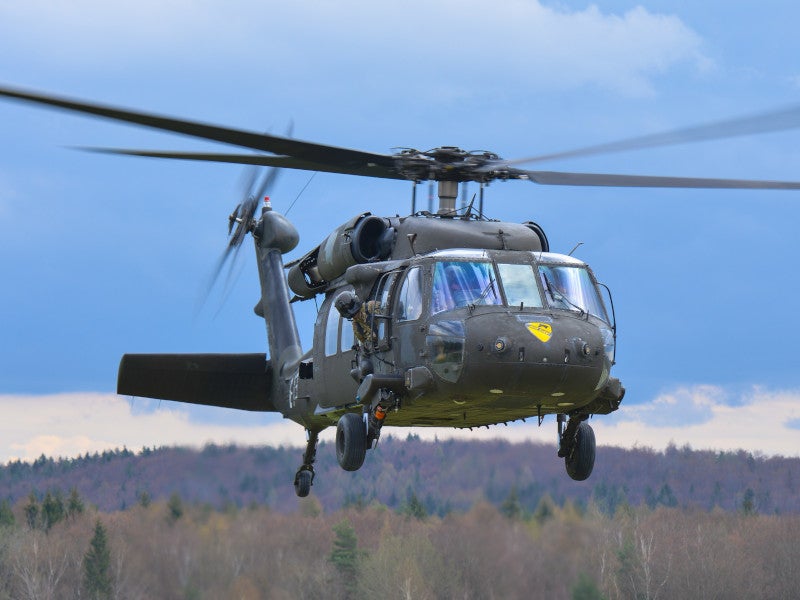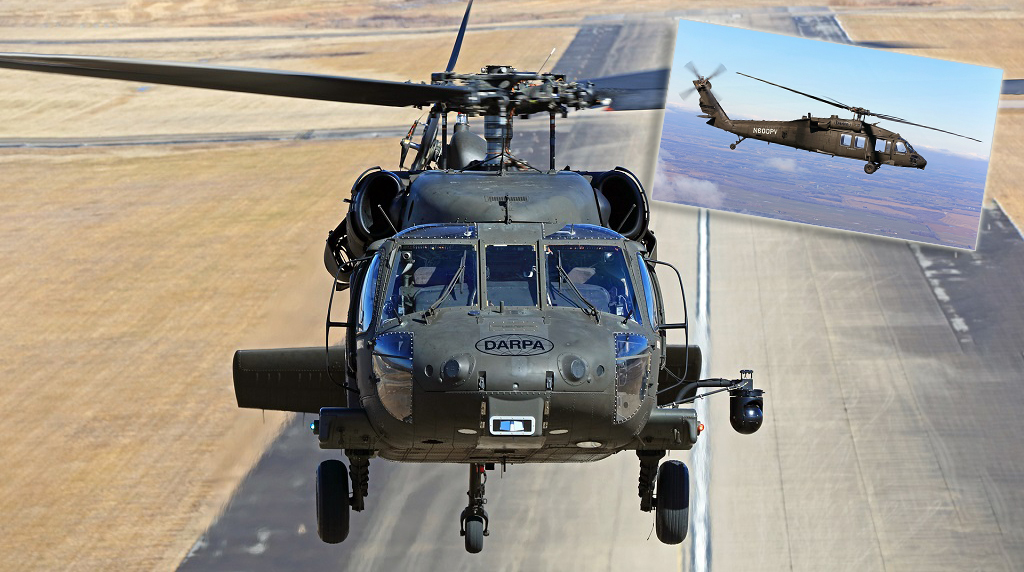Maintenance and Upkeep for UH 60 Helicopters
Maintenance and Upkeep for UH 60 Helicopters
Blog Article
The Impact of Sustainable Practices on the Future of Aircraft Procedures and Emissions Reduction
As the air travel industry faces enhancing analysis over its ecological impact, the adoption of sustainable practices emerges as a vital path toward future airplane procedures and exhausts decrease. Innovations in sustainable aviation fuels and developments in hybrid propulsion modern technologies stand at the forefront of this improvement, encouraging considerable reductions in greenhouse gas exhausts.

Review of Sustainable Practices
Lasting techniques in airplane procedures incorporate a range of strategies intended at minimizing ecological effect while preserving operational performance. These techniques are crucial in the aviation sector's commitment to reducing its carbon footprint and adhering to global ecological criteria. Trick efforts include optimizing trip courses to decrease gas usage, improving upkeep procedures to guarantee airplane run at peak effectiveness, and carrying out innovative modern technologies such as winglets and lightweight products that improve the rules of aerodynamics.

Educating and engaging team on sustainability methods additionally play a crucial function, cultivating a society of environmental obligation within companies. Generally, the integration of these sustainable practices not only assists minimize exhausts but likewise boosts the long-term viability of the air travel industry, guaranteeing it fulfills the demands of both clients and regulative bodies while adding to global sustainability goals.
Ingenious Gas Alternatives
Various cutting-edge gas options are emerging as critical services to minimize the air travel industry's dependence on traditional nonrenewable fuel sources. Amongst these choices, Lasting Aviation Fuels (SAFs) have acquired considerable attention due to their possible to reduce lifecycle greenhouse gas exhausts by approximately 80% contrasted to traditional jet fuels. SAFs are stemmed from various feedstocks, including waste oils, farming residues, and even algae, making them a versatile option for the industry.
An additional encouraging choice is hydrogen gas, which, when utilized in fuel cells, produces just water vapor as a byproduct. This zero-emission possible presents a considerable possibility for decarbonizing flight operations, particularly for short-haul trips and local aircraft. In addition, electric propulsion systems are being discovered, leveraging battery modern technology to power airplane. While existing battery capacity limits array and payload, recurring innovations may quickly provide electrical trips sensible for particular applications - uh 60.
Last but not least, biofuels obtained from biomass are being investigated, offering a renewable option that can be blended with standard fuels. Jointly, these ingenious fuel alternatives stand for an essential action towards attaining a lasting air travel environment, lining up with worldwide exhausts decrease targets and enhancing the market's ecological stewardship.
Technological Innovations in Air Travel

Just how can technological advancements improve the future of aeronautics? The assimilation of cutting-edge technologies is critical in changing aircraft procedures, enhancing performance, and decreasing discharges. Developments such as electrical and hybrid propulsion systems go to the leading edge, promising considerable decreases in gas consumption and greenhouse gas discharges. These systems take advantage of innovations in battery innovation and power management, enabling airplane to operate with a reduced ecological impact.
Additionally, the implementation of innovative materials, such as light-weight compounds, contributes to improved the rules of aerodynamics and fuel efficiency. The usage of expert system and artificial intelligence in trip procedures enhances route preparation and reduces fuel melt by enabling real-time changes based upon weather and web traffic problems. Furthermore, the development of independent and remotely piloted airplane systems stands to reinvent freight and the original source passenger transportation, potentially enhancing performance while reducing human error.
Additionally, lasting aeronautics modern technologies, consisting of sophisticated air website traffic visit the site monitoring systems, can simplify operations and decrease blockage, resulting in reduced discharges throughout trip. These developments jointly stand for a paradigm shift in aeronautics, guaranteeing a future where sustainability and operational effectiveness are linked, consequently supporting the sector's dedication to decreasing its environmental effect.

Regulatory Structure and Compliance
Due to the expanding focus on ecological stewardship within the aviation market, the regulatory framework regulating aircraft procedures is evolving to advertise lasting techniques. Governing bodies, such as the International Civil Aeronautics Company (ICAO) and various nationwide aeronautics authorities, are presenting rigorous guidelines intended at reducing exhausts and boosting operational efficiency.
These regulations commonly include the adoption of Sustainable Aeronautics Fuel (SAF), which has actually been identified as a crucial element in attaining reduced carbon impacts. Compliance with these policies needs airline companies to apply advanced modern technologies and functional practices, such as maximized flight paths and enhanced air web traffic management, to reduce gas consumption.
Furthermore, the enforcement of emissions trading systems and carbon offsetting campaigns my review here is becoming progressively widespread, compelling airlines to keep an eye on and report their emissions accurately. Non-compliance can result in significant penalties, thus pushing operators to prioritize sustainability in their business models.
Eventually, the evolving regulatory landscape not only drives development and investment in green technologies but also fosters a culture of accountability within the aeronautics market. As these frameworks remain to develop, the focus on lasting practices will be essential to attaining the market's lasting environmental objectives.
Future Trends in Aircraft Procedures
As the aeronautics industry adapts to a significantly rigorous regulative environment, future fads in airplane procedures are readied to focus on innovative remedies that even more boost sustainability and effectiveness - uh 60. Secret advancements will likely consist of the fostering of advanced air web traffic management systems, which utilize real-time information and expert system to enhance flight courses, minimizing gas intake and exhausts
One more significant fad is the increased integration of sustainable air travel fuels (SAFs) These options to conventional jet fuel, stemmed from eco-friendly resources, can dramatically reduce lifecycle greenhouse gas emissions. The sector's commitment to SAFs will likely increase as airlines work together with gas manufacturers to make certain availability and cost-effectiveness.
In addition, the push in the direction of electrification and hybrid propulsion systems is obtaining momentum. Emerging airplane designs will certainly incorporate these technologies, using quieter and more effective procedures, specifically for short-haul flights.
Verdict
To conclude, the assimilation of lasting practices in aircraft operations holds considerable capacity for exhausts reduction and enhanced efficiency. The fostering of sustainable aeronautics fuels, paired with developments in hybrid and electrical propulsion systems, is important for lessening lifecycle greenhouse gas exhausts. Maximizing trip courses and accepting ingenious innovations add to a quieter and much more ecologically friendly air travel market. Collectively, these efforts line up with worldwide sustainability goals and lead the means for a greener future in aeronautics.
Innovations in lasting air travel fuels and improvements in crossbreed propulsion technologies stand at the leading edge of this change, promising significant reductions in greenhouse gas emissions.Various innovative fuel choices are emerging as crucial remedies to decrease the aviation sector's reliance on traditional fossil gas - uh 60. Among these choices, Lasting Air travel Fuels (SAFs) have actually gotten significant interest due to their prospective to decrease lifecycle greenhouse gas exhausts by up to 80% contrasted to traditional jet gas.Another substantial pattern is the boosted integration of sustainable aviation fuels (SAFs) The fostering of sustainable air travel fuels, coupled with improvements in electrical and hybrid propulsion systems, is essential for minimizing lifecycle greenhouse gas exhausts
Report this page